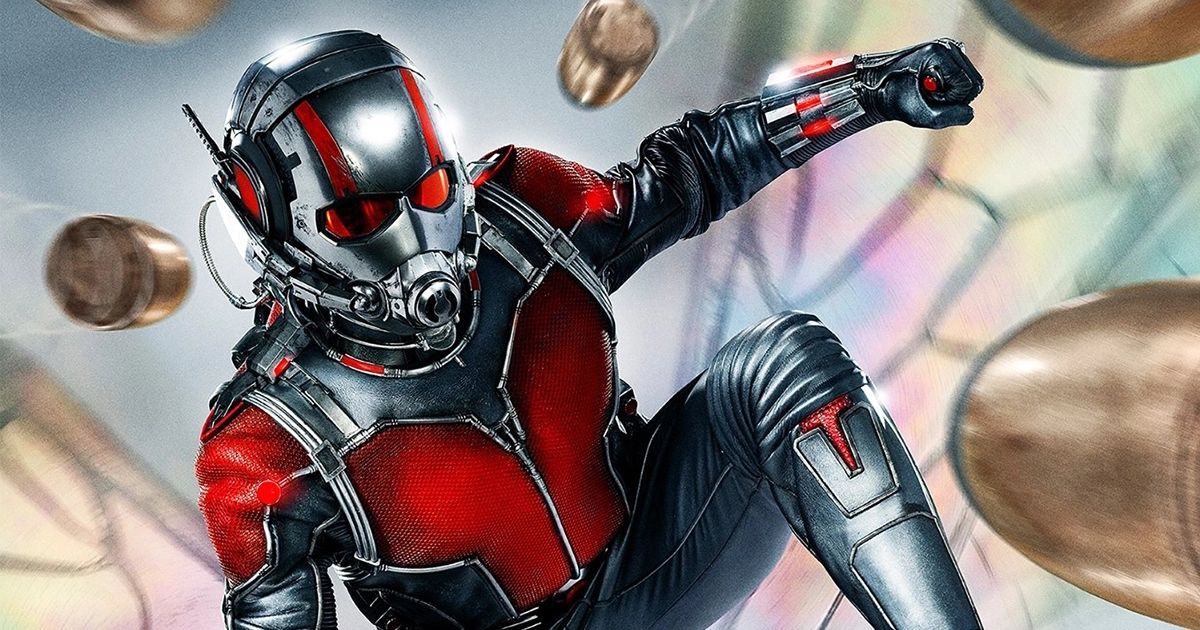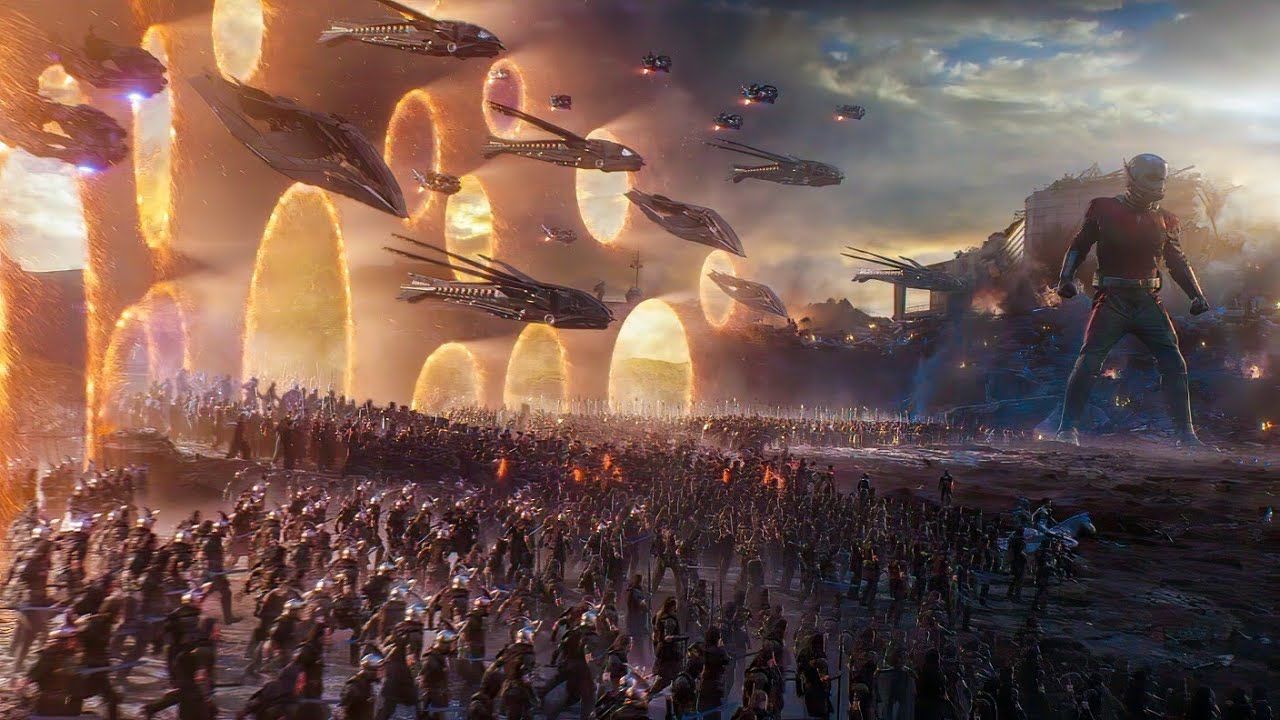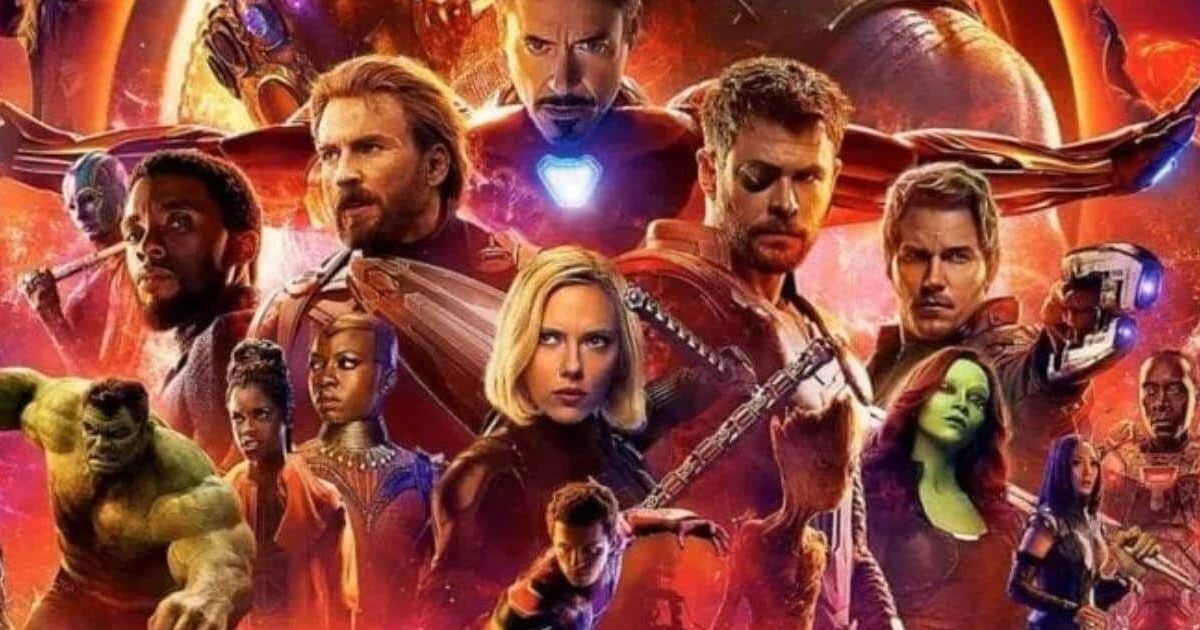The Marvel Cinematic Universe has become one of the biggest franchises in history. It is an interconnected multiverse of film and television series that build off one another, featuring multiple characters with established histories and relationships. It is constantly growing and evolving. Similar to the comics from which these heroes first originated, there is a hero for everyone. Even if someone isn't a fan of one hero, there is bound to be one character they gravitate to.
The heroes of the MCU come from various backgrounds, with different powers and beliefs; they even hail from various genres, yet somehow manage to come together and create a combined universe that tells the sprawling narratives of worlds full of heroes, and the struggles they face not just from outward threats but internal one that forces them to grow as heroes and people. Yet in a universe filled with The Avengers, the Guardians of the Galaxy, Doctor Strange, Ant-Man, Black Panther, Spider-Man, Captain Marvel, Shang-Chi, the Eternals, and more, how do these very different heroes coalesce? Does the franchise have one right way to be a hero?
Are there multiple ways to be a hero, and if so what is the responsibility of these powerful beings? What makes them the heroes, and how do they distinguish themselves from the villains? Like the famous words of Uncle Ben (paraphrasing Winston Churchill from 1906), "with great power, there must also come great responsibility." Here is what the MCU says about heroism.
Status Quo or Radical Change
In the film Avengers: Age of Ultron, the titular villain makes a rather pointed comment that the Avengers don't want peace, they just want to maintain the status quo. This is a criticism that is often leveled at the MCU for having the villains being painted as radical instruments of social change, like the Flag Smashers in The Falcon in the Winder Soldier, so that creates the impression (intentionally or not) that the heroes are fighting to maintain the status quo and with it some of the world's injustices.
Black Panther's villain Erik Kilmonger brings up Wakanda's inaction as being partially responsible for the oppression of Black people all over the world, and by the end of the film, T'Challa as king must decide that Wakanda needs to open up its borders and share their technology with the world. The presence of the heroes in the MCU does change the world, but because the MCU is, like Marvel Comics, meant to reflect the real world only so much actual change can happen to maintain a certain level of reliability to the audience.
Starting in Phase 4, the MCU made a few projects that examined the unjust power structures in high concept forms. At the end of the series Loki, the title character, and his variant Sylvie are presented with a choice. Loki and Sylvie could kill He Who Remains (Jonathan Majors in a great performance) and end the singular timeline, which would risk another multiversal war sparked by his variants, or succeed him in leading the TVA and managing the timeline.
While Loki fears He Who Remains might be right and wants them both to manage the TVA, Sylvie knows firsthand the power the TVA has wielded, purging timelines they deem unworthy and putting that much power in one person's hand is too much. The multiverse is freedom but also chaos and destruction, while He Who Remains promises control but one that comes at the cost of billions of lives. Sylvie kills He Who Remains, with the idea being while a multiversal war is a possibility, that is worth a free multiverse as opposed to being under the role of an authoritarian power structure.
Then in Eternals, the team is faced with a complex dilemma. The team discovers their entire mission was a lie: they were not meant to save humans from the threat of Deviants but were created to maintain the planet's population so that it could give birth to a Celestial. The heroes are faced with a choice: save Earth by destroying the Celestial and possibly prevent the creation of millions of lives across the universe, or sacrifice the planet Earth and allow the system of death and destruction to stay in place.
This causes a divide amongst the Eternals on what the right thing to do is. However, the majority of the team's heroism is defined by breaking away from the lie they've been told their entire lives. They choose no longer to partake in a system of death and destruction that they had for too long been accomplices to. They acknowledge this might be the way things have worked, but that does not mean it should be. The future is uncertain, but the alternative has to be better than the troubled system in place.
The Safest Hands Are Still Our Own
The heroes of the MCU save many lives, but they are also either directly or indirectly the cause of much destruction. In Captain America: Civil War, Steve Rodgers mentions that shifting the blame to a government body is irresponsible and 'the safest hands are still our own' but one has to wonder how much of that is true. Tony Stark (aka Iron Man) created the villainous Ultron who destroyed the city of Sokovia, and while the Avengers defeated him and saved the day, it was still a threat created by one of their own. Similar to how some people believe Batman perpetuates crime in Gotham, what if the heroes are only mitigating the consequences of their own actions (akin to some military or political figures)?
The same goes for the events of WandaVision, where its take on the Scarlet Witch saw her enslaving an entire town, and while she learned the error of her ways, she still was the one responsible. Then in Doctor Strange in the Multiverse of Madness, the heroes are willing to forgive her before they discover her evil nature. Spider-Man himself is often responsible for much of the destruction and chaos in his films, as well, and is often left cleaning up problems he either started or made worse by his presence.
This even applies to Captain America, whose stance in Captain America: Civil War is inspired by a quote Sharon Carter says at Peggy Carter's funeral:
"Compromise where you can. Where you can't, don't. Even if everyone is telling you that something wrong is something right. Even if the whole world is telling you to move, it is your duty to plant yourself like a tree, look them in the eye, and say, 'No, *you* move'."
This is a moral point in the hands of Captain America because the audience knows Captain America will do the right thing, but imagine if this viewpoint was applied to a villain like it is with Thanos, and it becomes far more terrifying. Thanos, like Captain America, stands firm in his belief that half of life in the universe must be destroyed, and despite that the world is telling him this idea is mad and that theoretically with the power of the Infinity Gauntlet he could help life in many more ways, he refuses to give in on his belief. One person's virtue is another's iniquity.
The Power of Gods and Man
It has often been cited the difference between the heroes of Marvel and DC is simple: DC Comics are stories of gods trying to be human, while Marvel is the stories of humans trying to be gods. While clearly, the Avengers have Thor, who is a Norse god, the stories are often focused on regular people proving themselves to be heroes. None of them are destined to be heroes, but they choose to be. Even Thor who was born to be a king must learn humility and live amongst mortal people.
Nowhere is this more apparent than in the four Avengers movies, where the team faces off against villains (even sympathetic ones) who are coded as gods. Be it Loki who is a literal Norse god, Ultron who is often quoting scripture and aspire to be both creator and destroyer, or Thanos who wishes to have the powers of a god to shape the universe the way he thinks is best. The Avengers stand in sharp contrast, as just normal everyday people. The quest for god-like power is not a heroic ideal in the MCU and instead, the attempt to see the big picture leads to the losing sight of the lives that they need to sacrifice to achieve their goals. The Avengers refuse to trade lives, and much of their films' climaxes are about saving lives as they are fighting the MCU's villains. While the god-like villains don't care about the damage, the Avengers are fighting as and for normal people.
It Is Never Too Late To Be A Hero
One constant throughout the MCU is how many of the heroes start out as characters on the wrong side of the law, with many ostensible villains who redeem themselves. Both Ant-Man and the members of the Guardians of the Galaxy were criminals, while characters like Iron Man and Doctor Strange were both people who put their own egos before others. Yet in all these cases, when presented with a difficult opportunity, they ultimately rise to the heroic occasion.
Characters like Iron Man certainly still have to deal with their complicated past, as seen in both Iron Man 3 and Avengers: Age of Ultron, but Tony Stark repeatedly tries to make amends for his past actions and make the world a better place. Black Widow is a character defined by her dark past, but was given a second chance and in doing so became one of the greatest heroes of the MCU. It is worth noting that in Guardians of the Galaxy Vol. 2, Nebula and Yondu were antagonists in the previous film but eventually become allies to the team and in the five years during the Blip Nebula became a member of the Avengers.
This also is what makes Captain America the franchises moral center, as he is willing to forgive and give individuals a second chance. In Avengers: Age of Ultron, his empathy and understanding allow him to see the potential in Scarlet Witch and Quicksilver, and despite Bucky's past as the Winter Soldier he still fights to save his friend. The heroes are not just the ones who fight villains, but ones who can change for the better.
Strength In United Diversity
The heart of the MCU as a franchise is about connectivity, connecting the various projects together into a shared universe, but that connectivity is also the theme of the franchise. Connection is the key heroic trait all the MCU heroes share, while the idea of borders and isolation is perceived negatively, as spelled out at the end of Black Panther.
While sometimes those connections lead to conflict, as the various heroes have different ideas of what being a hero means (like the Captain America and Iron Man conflict in Captain America: Civil War), at the end of the day the heroes find a way to remain their individuality while also coming together as a stronger unified hold: The Avengers.
That is the point that Nick Fury was getting at in The Avengers, the idea that together the heroes of the MCU could be something greater than they could ever be apart. This point is illustrated in the final climax of Avengers: Endgame, which features a united universe fighting against Thanos. It is not just the superheroes anymore, but the citizens of Wakanda, New Asgards, sorcerers from Kamar-Taj, and even the space pirates the Ravagers coming together. They are no longer separated into different sub-franchise in different corners of the universe, at this moment they stand united. At that moment, everyone is an Avenger.
For so long, because of various film rights issues, superheroes were cornered off and separated from one another in various different franchises, but the MCU has now given the ability to unite them and bring out the best qualities of one another. Their connections make them stronger and give them the strength to keep fighting, and their ability to unify is the true heroism of the MCU. It inspires everyone, even the average audience members, to find the heroism within themselves.

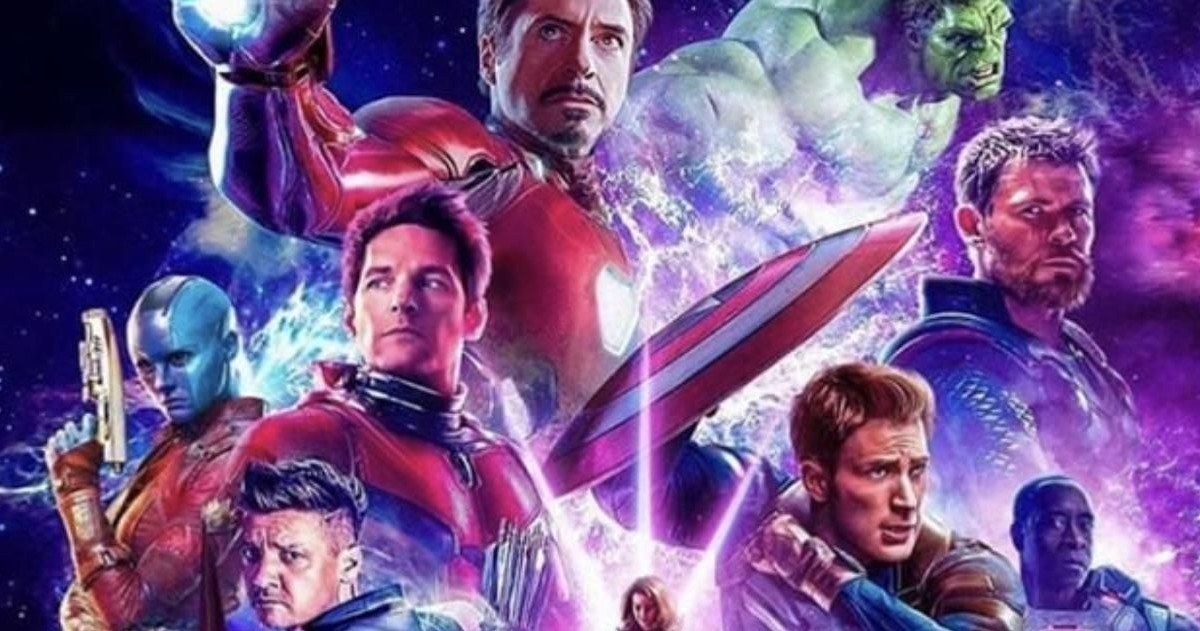
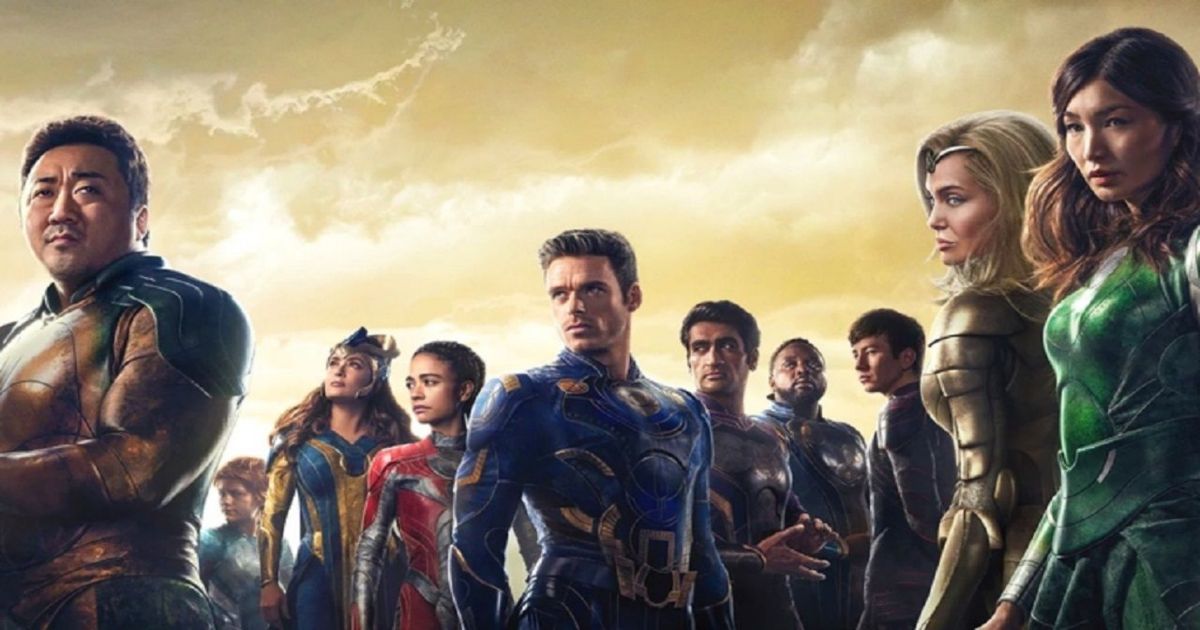
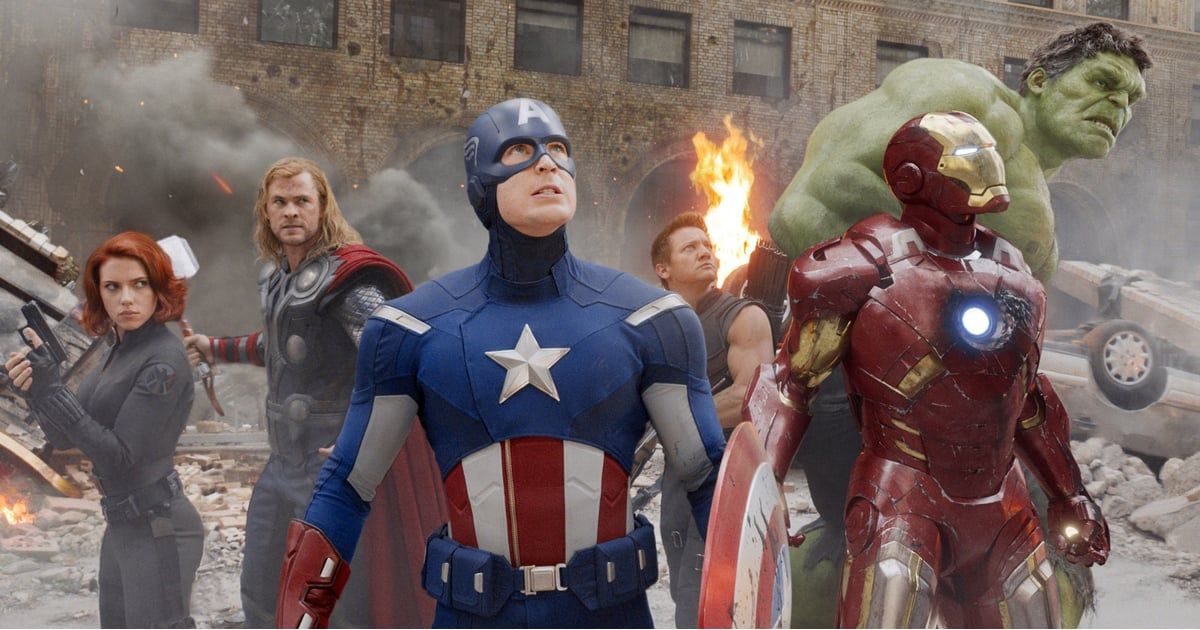
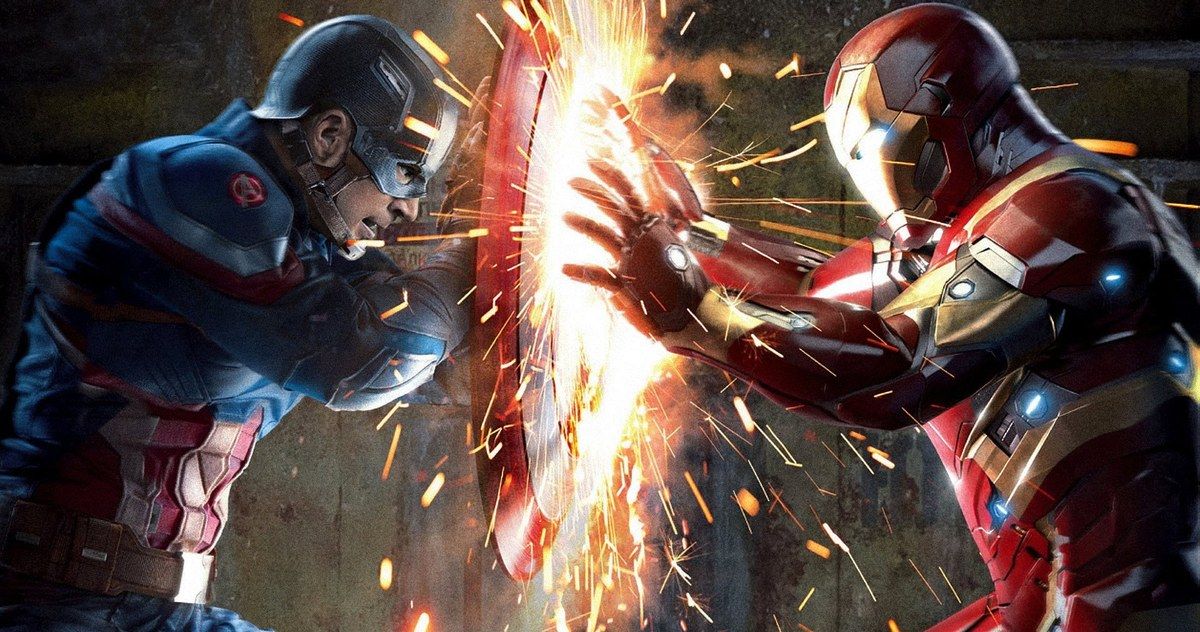
.jpg)
